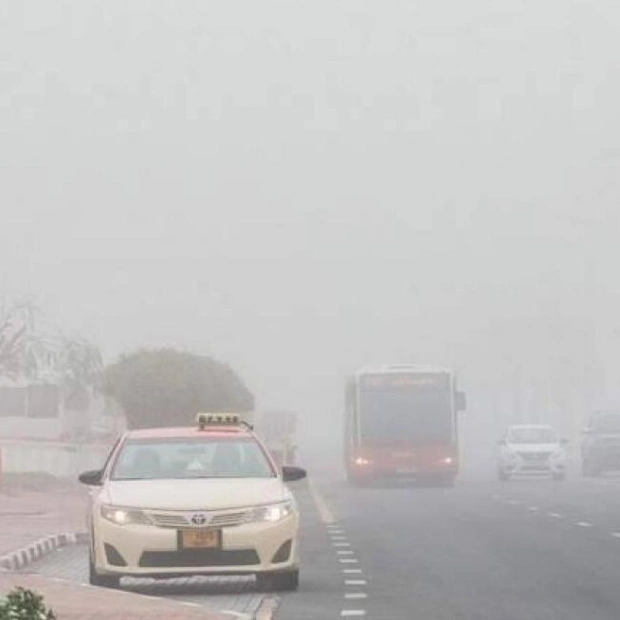Inflation remains the top concern for consumers in the Middle East, with 56 percent viewing it as the most significant threat to their country, and 65 percent planning to save or invest in the coming year, according to PwC. Consumers are also increasingly climate-conscious, with 70 percent aiming to own hybrid or electric vehicles, as highlighted in PwC’s Voice of the Consumer 2024 report.
The International Monetary Fund notes that inflation is nearing historical averages in many Middle East and North Africa (Mena) economies, with about one-third now close to or below average, and monetary tightening cycles appear to have concluded. After reaching its peak in 2023, average inflation is expected to decline to 15.4 percent in 2024 and 12.4 percent in 2025. In the UAE, the inflation rate dropped to 3.32 percent in July from 3.85 percent in June 2024. The country’s inflation rate has averaged 1.72 percent from 1990 to 2024, with a historic high of 12.30 percent in December 2008 and a record low of -2.71 percent in May 2020.
Environmental factors continue to strongly influence purchasing decisions, with 85 percent of regional consumers concerned about climate change, and 83 percent—compared to 86 percent globally—experiencing climate-related disruptions in their daily lives, according to the report. “While global economic challenges are affecting consumer behavior in the Middle East, leading to increased price sensitivity and a stronger focus on value, it’s encouraging that this isn’t resulting in a ‘race to the bottom.’ Instead, the persistent focus on sustainability offers a substantial opportunity for differentiation and premiumization,” said Norma Taki, PwC’s Middle East consumer markets leader.
She emphasized that businesses in the region are investing in sustainable practices to attract and retain this value-conscious yet environmentally aware consumer base. “Companies that understand these macroeconomic nuances influencing consumer behaviors will strengthen their position in the Middle East,” she added. The PwC survey identifies four key themes observed among consumers in the Middle East.
First, business excellence is crucial for consumer trust, with customer data protection, fair worker treatment, and transparency in sustainable practices being essential to earn the trust of 95 percent of regional consumers, compared to 70 percent globally. The report also reveals that 53 percent of regional consumers (versus 46 percent globally) are purchasing more sustainable products. Climate awareness is driving changes in mobility choices, with 82 percent of regional buyers willing to use public transportation following infrastructure improvements, and 70 percent planning to own hybrid or electric vehicles within the next three years.
The report highlights the growing role of AI in the shopping journey. While over half of the region’s consumers trust AI for low-risk activities like product information or recommendations, confidence in its capabilities is lower for high-risk tasks such as stock recommendations, financial transaction management, or medical diagnoses. Analysts note a surge in e-commerce across the Middle East as smartphones become more prevalent and internet access expands. Customers are increasingly turning to e-commerce websites for their needs, with a secure online shopping experience reshaping broader consumer behaviors.
While physical stores remain the cornerstone of the shopping journey in the Middle East, with 45 percent of buyers preferring in-store purchases, online shopping via mobile phones is more common regionally, with 44 percent frequently shopping online (compared to 34 percent globally). Supported by a young and tech-savvy population, the Middle East’s e-commerce sector is projected to reach $28.5 billion by 2022, according to a report by Bain & Company. This trend presents businesses with significant opportunities to engage customers beyond traditional brick-and-mortar stores and tap into the growing digital economy.






